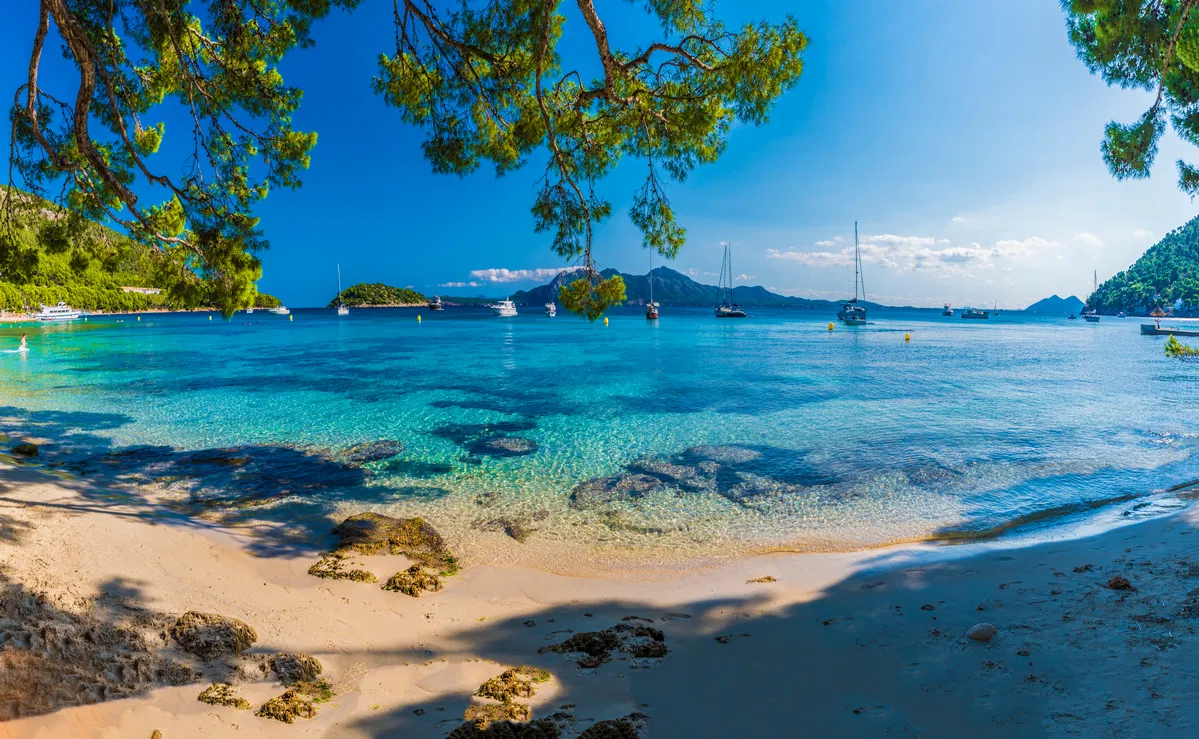Copyright euroweeklynews

British holidaymakers heading to Spanish hotspots like Mallorca and Ibiza have been alerted to a proposed drastic increase in the tourist tax. Local workers’ unions in the Balearic Islands are championing a plan to raise the existing Sustainable Tourism Tax (STT) to as much as €15 (approx. £13) per person per day during the peak summer season, aiming to use the fiscal measure as a deterrent against excessive visitor numbers. The controversial proposal has sparked a fierce debate, pitting the local desire for sustainable living against the economic concerns of the tourism industry. The Proposed Levy: A Closer Look at the £13 Daily Charge The proposal aims to dramatically restructure the existing Sustainable Tourism Tax to specifically address the pressures of overtourism. The current Balearic STT currently operates with a maximum rate of around €4 (approx. £3.49) per night for peak-season luxury accommodation. The proposed new rate, championed by union groups, would see this charge increase almost to almost four times the amount, to €15 (approximately £13) during high-season months (July and August). The primary objective is not simply to raise revenue but to act as a deterrent, limiting the immense influx of tourists during summer. Revenue generated is intended to address the negative external costs of mass tourism, funding crucial social areas such as affordable housing for local residents and improvements to strained public services. Impact on Your Holiday: How the £13 Charge Affects UK Travellers For British holidaymakers, this proposal represents a significant addition to the overall cost of a package holiday, particularly for families travelling for a fortnight. A two-week break for a family of four could see an added cost of approximately £364, an expense likely to cause friction for budget-conscious travellers. Academics have long studied the application of tourism taxation in Spain, noting that while mass tourism brings considerable economic benefits, the social and environmental costs can be substantial. Research indicates that residents’ concerns over social carrying capacity – the point at which tourism negatively affects local life – are often linked to issues like congestion and the availability of space for the local population. The tax is a political response to these mounting social pressures. However, previous studies on the deterrent effect of taxes, such as the initial Balearic ecotasa, suggest that price alterations may only cause minor changes in demand from major markets due to the islands’ market power and lack of substitutes. Conversely, some studies indicate a greater willingness to pay (WTP) among tourists when the revenue is specifically ring-fenced for sustainability and improved destination services. Planning Your Trip: What You Need to Budget For Now As the proposed £13 daily tourist tax is not yet legislation, holidaymakers should continue to budget for the current maximum STT rate, which stands at approximately £3.49 per night for the highest-tier accommodation. Those who have already booked their trips must be aware that if the increase is approved, the new tariff would be payable directly to their accommodation provider upon arrival or departure, in line with existing STT collection mechanisms. The Road Ahead: Political Debate and Further Restrictions The proposal is currently being debated in the regional parliament, with political figures navigating the conflicting pressures of local unrest over overtourism and warnings from the tourism industry regarding pricing instability and competitive disadvantage. Future discussions are expected to focus not only on the tax increase but also on alternative measures, including stricter limits on new tourist accommodation and potential caps on high-season flight and cruise ship arrivals, all aimed at fostering a more sustainable tourism model.



